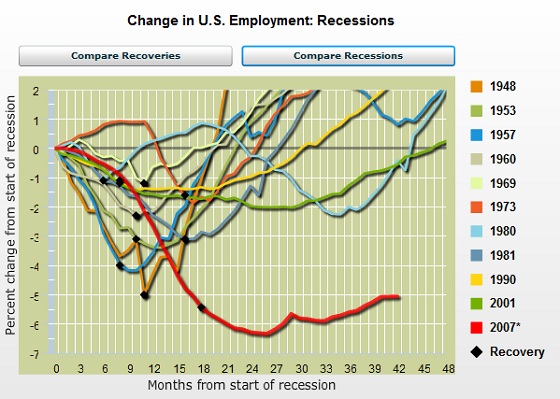Lack of U.S. government interest in commercial refueling mission causes problems
A lack of U.S. government interest in a privately designed satellite refueling technology has caused the company to pull back its plans.
MDA had signed a contract with the communications satellite company Intelsat to refuel some of its orbiting satellites, but needed additional customers to make a go of it. It had hoped the U.S. Defense Department would show interest, but they have not.
This is exactly where the government should be investing its capital, and that it is not tells us a lot about the real lack of sincerity behind the Obama administration’s claims that it wants to encourage private space. I also suspect that the turf war with satellite companies and defense contractors helped discourage Defense Department interest.
A lack of U.S. government interest in a privately designed satellite refueling technology has caused the company to pull back its plans.
MDA had signed a contract with the communications satellite company Intelsat to refuel some of its orbiting satellites, but needed additional customers to make a go of it. It had hoped the U.S. Defense Department would show interest, but they have not.
This is exactly where the government should be investing its capital, and that it is not tells us a lot about the real lack of sincerity behind the Obama administration’s claims that it wants to encourage private space. I also suspect that the turf war with satellite companies and defense contractors helped discourage Defense Department interest.

